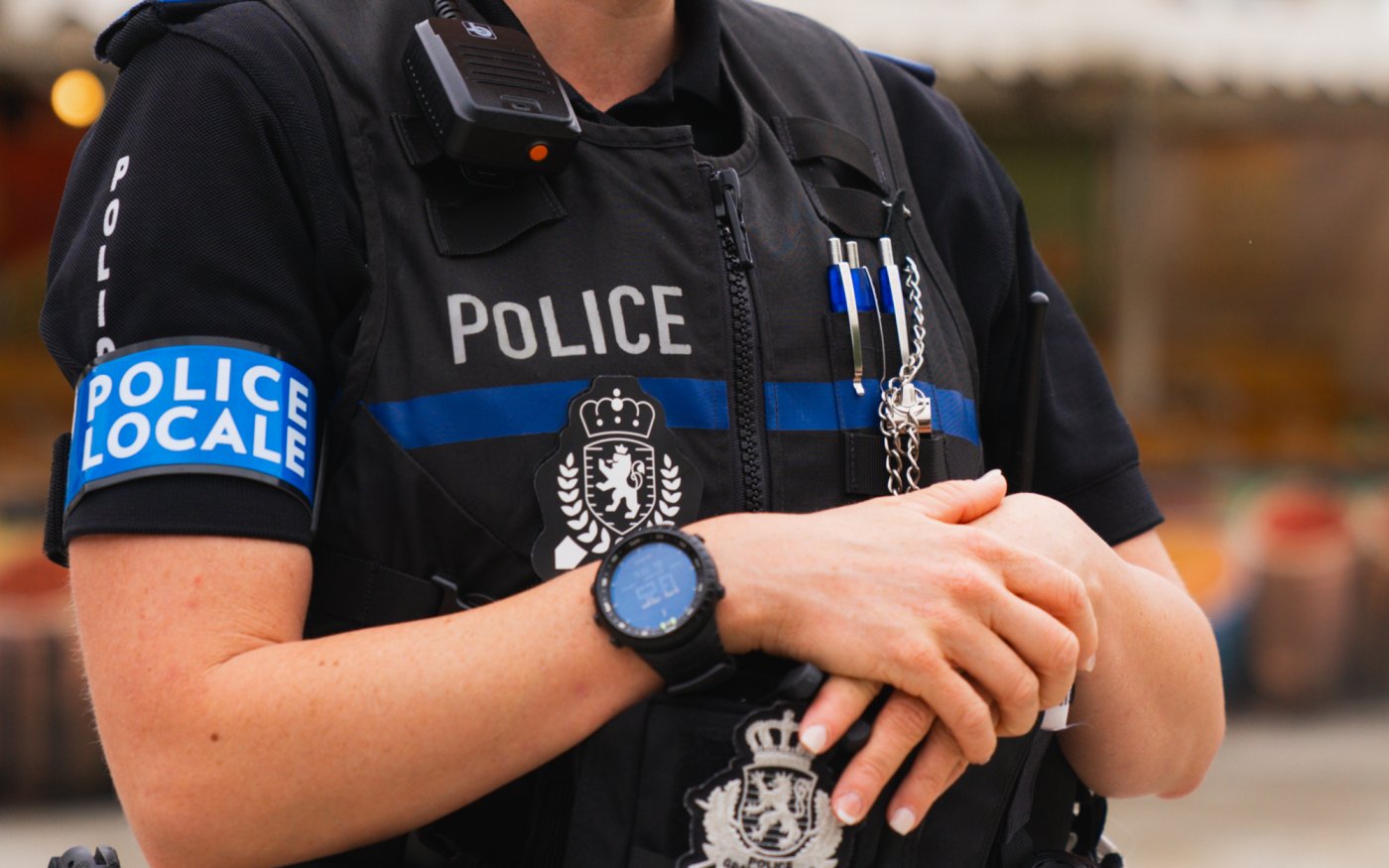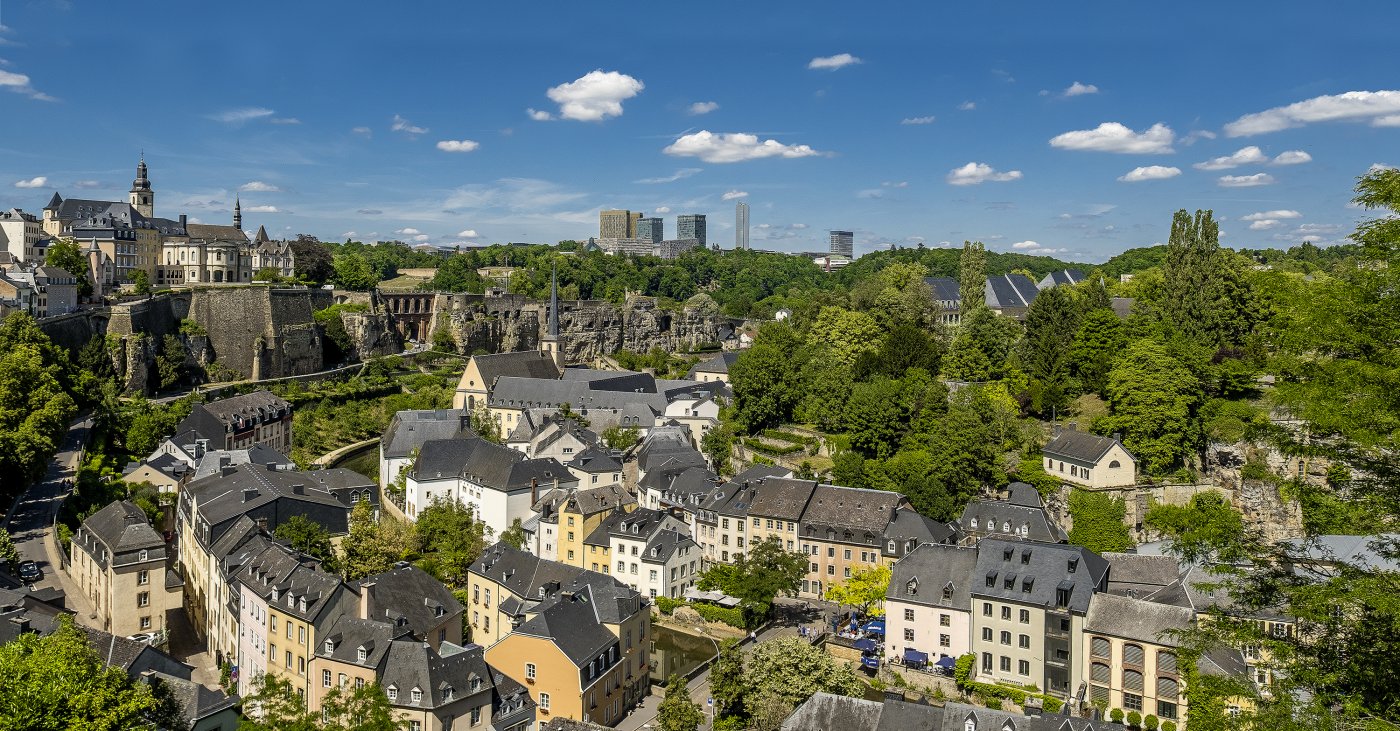
The Minister for Home Affairs Léon Gloden, alongside Luxembourg City Mayor Lydie Polfer, Esch-sur-Alzette Mayor Christian Weis, and Director General of the Grand Ducal Police Pascal Peters, unveiled the results of the "Local Police Unit" pilot project in Luxembourg City and Esch-sur-Alzette, which began on 1 July.
Close to our citizens
"Close to our citizens! We wanted to bring the police closer to our citizens. The Local Police Unit as everyone's helpful neighbour!", stated Léon Gloden at a press conference. "We have taken concrete steps to increase the public's sense of safety. A visible police presence is synonymous with crime prevention: thanks to the Local Police Unit, 1,650 additional checks were carried out". In addition, some 3,400 other preventive checks and 2,600 specific traffic controls were carried out during the same period in Luxembourg City and Esch-sur-Alzette.
The pilot project is part of the government's efforts to shore up the police presence in public spaces and re-establish closer contact with the population. The Local Police Unit's mandate is:
- to maintain public order at local level in order to guarantee public safety, law and order, and cleanliness;
- to provide a visible police presence in predetermined strategic locations to uphold public safety and prevent incidents.
The "4Ps" principle
The Minister for Home Affairs pointed to the "4Ps" principle, of which the Local Police Unit is a key element: "Police work in the community, which is a priority for the government, falls under the 4Ps principle to help the population feel safer: more personnel, more presence, more proximity, more prevention." Léon Gloden also revealed that the pilot project will continue until the principle of the Local Police Unit is enshrined in the Grand Ducal Police Act, in view of its positive impacts.
During the presentation of the results of the pilot project, the mayors of both cities expressed their satisfaction with the impact of the Local Police Unit's patrols:
At the press conference, Pascal Peters, Director General of the Grand Ducal Police, began by recapping the initial idea behind the Local Police concept, which was to ensure local public order, as well as provide a visible and enhanced police presence over a certain period in public spaces, thereby guaranteeing that officers were more accessible and closer to the public.
With regard to the lessons learnt from the pilot project, Peters emphasised that meetings with the mayor must be regular/weekly, and that a standardised report is required for this purpose. In terms of the organisation of the service within the police units concerned, several models have been tested over the last few months. Ultimately, a "variable rotation pool" has been found to be the most suitable, as it provides greater flexibility in the management of local police patrols.
1,650 local police "actions"
During the pilot project, some 1,650 local police "actions" were carried out in the two municipalities (around one third in Esch-sur-Alzette and two thirds in Luxembourg City), the Director General announced. He also stated that approximately 3,400 other preventive police checks and 2,600 specific traffic controls were carried out during the same period.
In general, police officers appreciated the direct contact they had with the public in doing this work.
The Director General then presented the cumulative criteria for the introduction of a Local Police Unit in other municipalities:
- Busy areas;
- A certain amount of crime occurring (visibly) in specific, delimited locations;
- Frequent and major problems with local law and order.
As a Local Police Unit is always attached to a specific police station, additional personnel will be required. "We're on the right track", asserted the Minister of Home Affairs, pointing out how recruitment has been stepped up: "At the beginning of the year, I increased the number of candidates per graduating class from 160 to 200. A new recruitment campaign for the class of 2025 was launched in early October."
In Léon Gloden's view, a modern police force requires three essential elements: sufficient staffing, modern equipment and adequate infrastructure.
Didn't find what you were looking for?
Start a new search here















